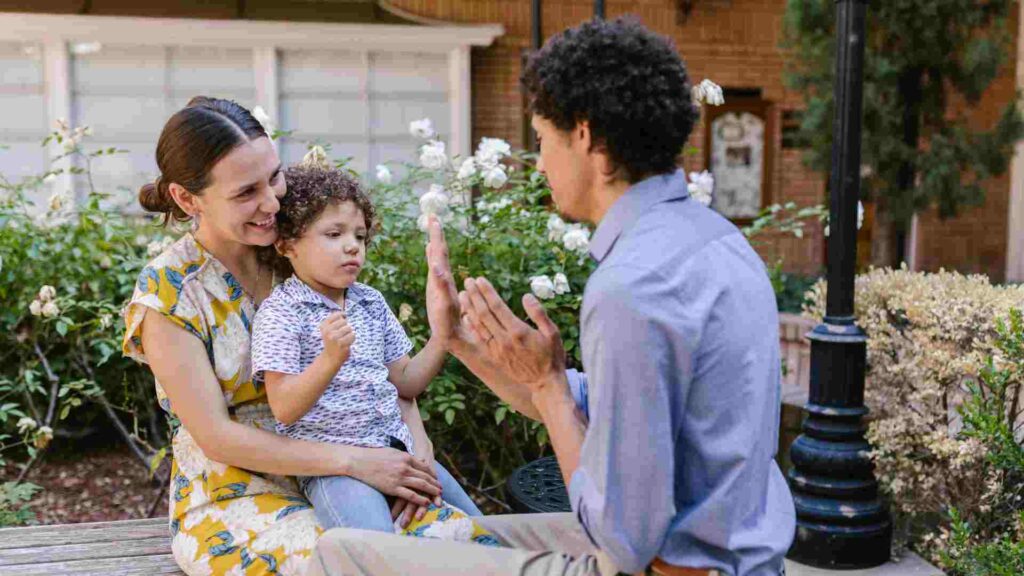
The Importance of Early Years in Developing Lifelong Learning
Developing Lifelong Learning is a process that has no age restrictions. Due to the fact that learning is a continual process, there is no appropriate age to begin or end it. However, childhood is the time that lays the groundwork for lifelong learning.
Children’s early learning experiences influence their brains, attitudes, and capacity for learning. A child’s early years are also the ideal period to foster their social relationships with other people in their environment. They can respond better to the stressors and difficulties they face every day.
Why Early Childhood Education Is Vital
Childhood is an important stage of life since it is at this time that a child’s physical and mental development advances at an incredible rate. This enables the greatest amount of learning to occur. It is also thought to be the ideal moment for developing a passion for learning. Thus, for the purpose of enhancing their learning experience, a youngster needs effective guidance at this time.
Parents have a significant impact on a child’s Developing Lifelong Learning and education during the first few years. They then travel to school, where they engage in social interactions with peers and teachers. Most essential, they begin their education and socialization process outside of their immediate family. As a result, the child should benefit from every area of early learning. A child could have a negative influence and withhold from engaging in any additional learning if they are in a bad environment. Negative exposure, or a setting that is unsuitable for learning, can have a detrimental effect on a child’s general development as well as their ability to learn.
Early Childhood Education
According to experts, if a child is taught the value of education, they can develop the habit of lifelong learning, which will benefit them in the long term. Experts highlight the environment’s quality in preschool and primary education for this reason. Adopting a problem-solving strategy when learning ought to be the main goal.
If a child gains the ability to solve problems, they can keep it throughout their lives. Teachers in early childhood care and education are very important in a child’s early development. An excellent teacher can improve a child’s early experiences in the classroom. A teacher may keep students engaged in learning and full of passion by striking the perfect balance between play and lessons.
The Value of Good Guidance in Early Years
Teachers in early childhood care education have a critical role in the personality development of their students. Additionally, they must be aware of the particular skills that each child possesses and use the appropriate teaching strategies. Each child is unique from the others.
Some kids pick things up quickly than others. However, some people might need more time to learn. Regardless of a child’s intrinsic attentiveness and capacity to understand new concepts, a teacher can help them broaden their knowledge and do better in school.
You should also be aware that a child’s unique talent and skills can only be discovered in the early years. Therefore, the formative years determine how an individual will learn and develop in the future.
